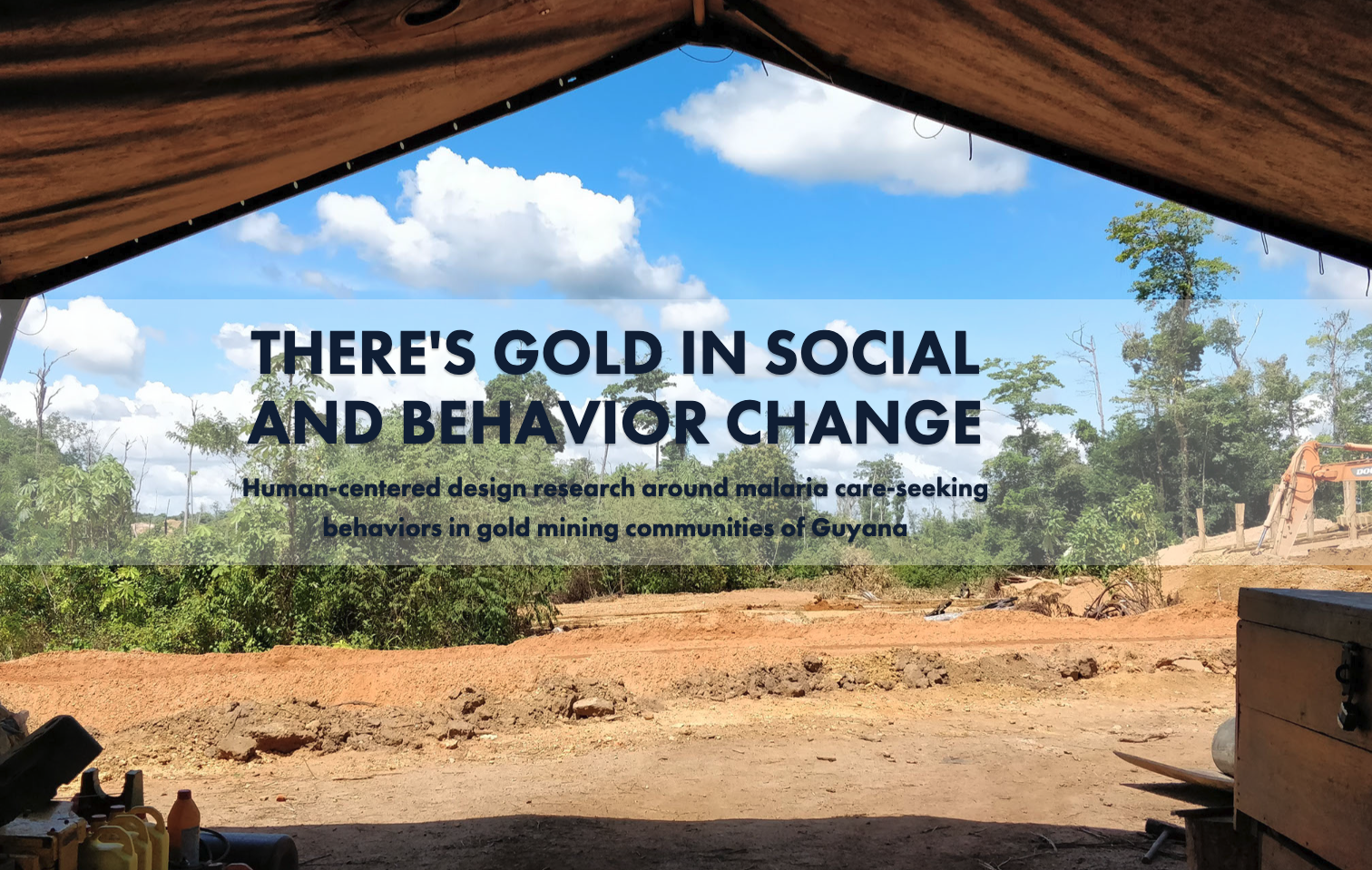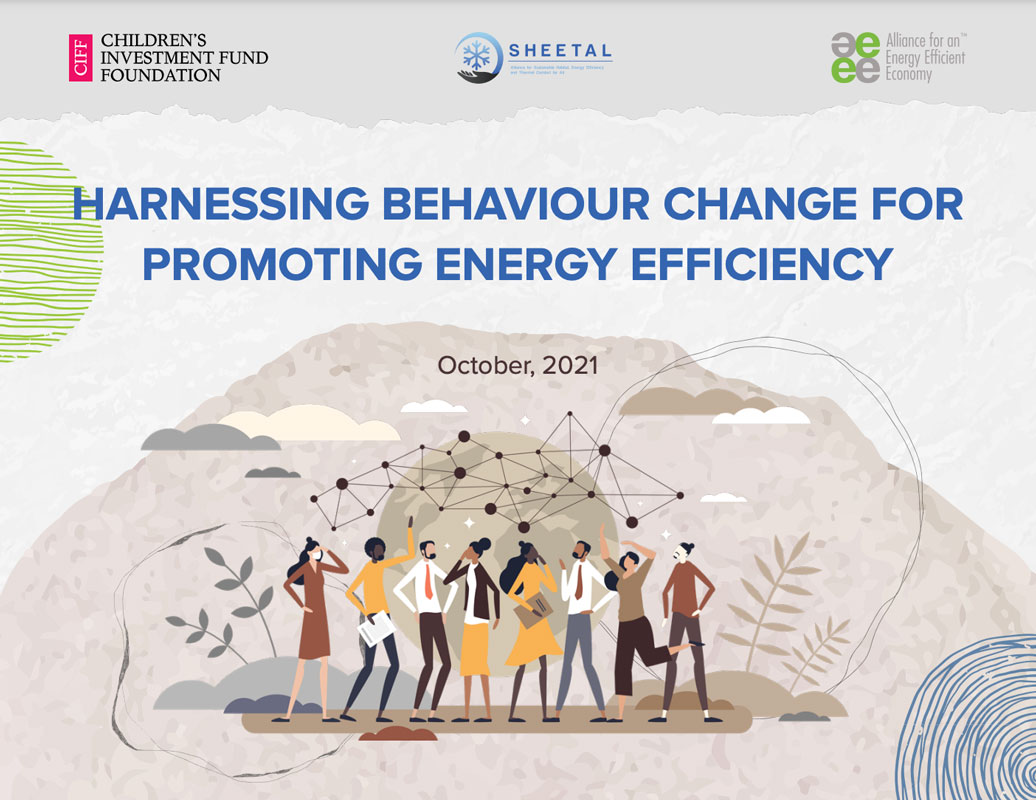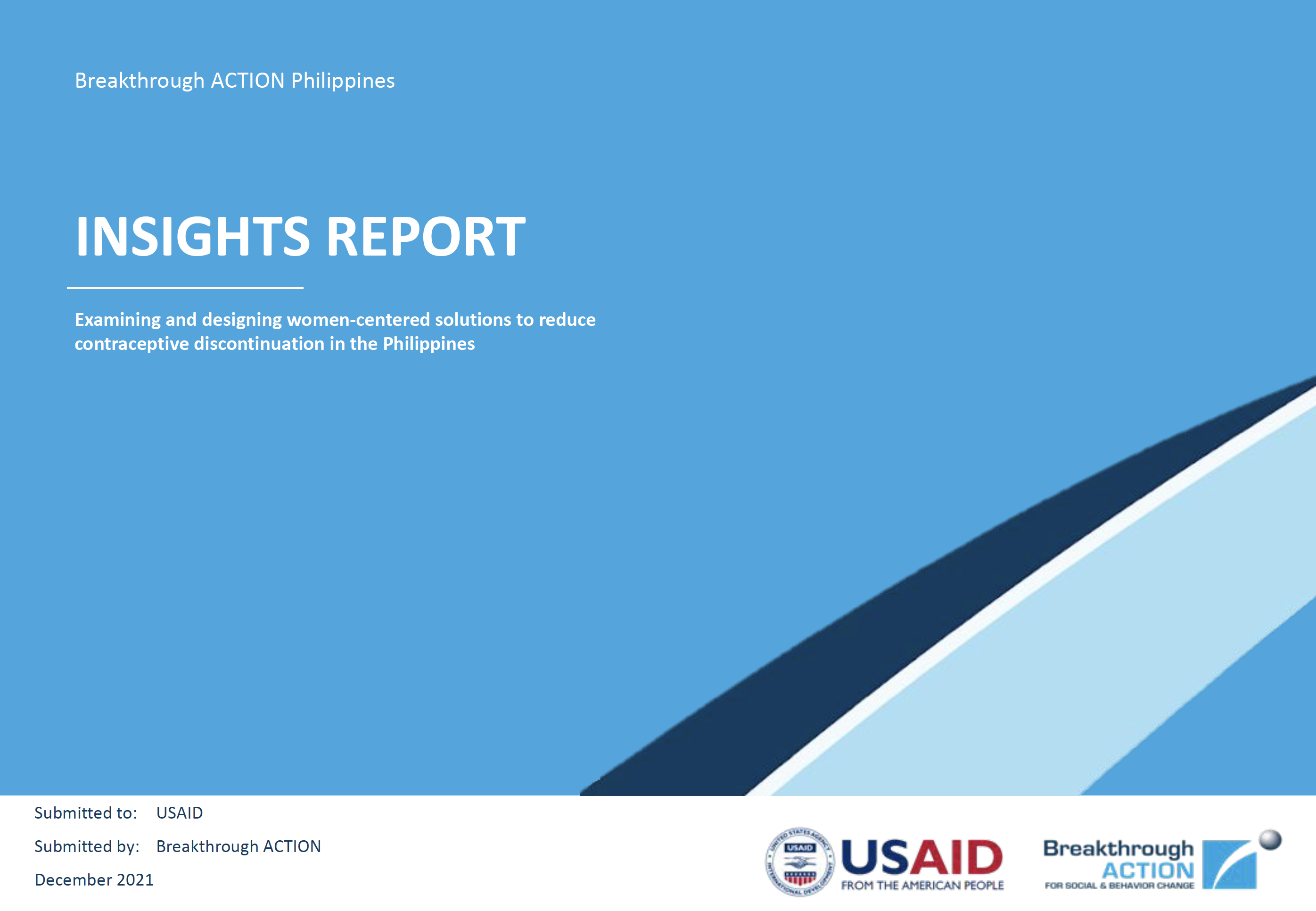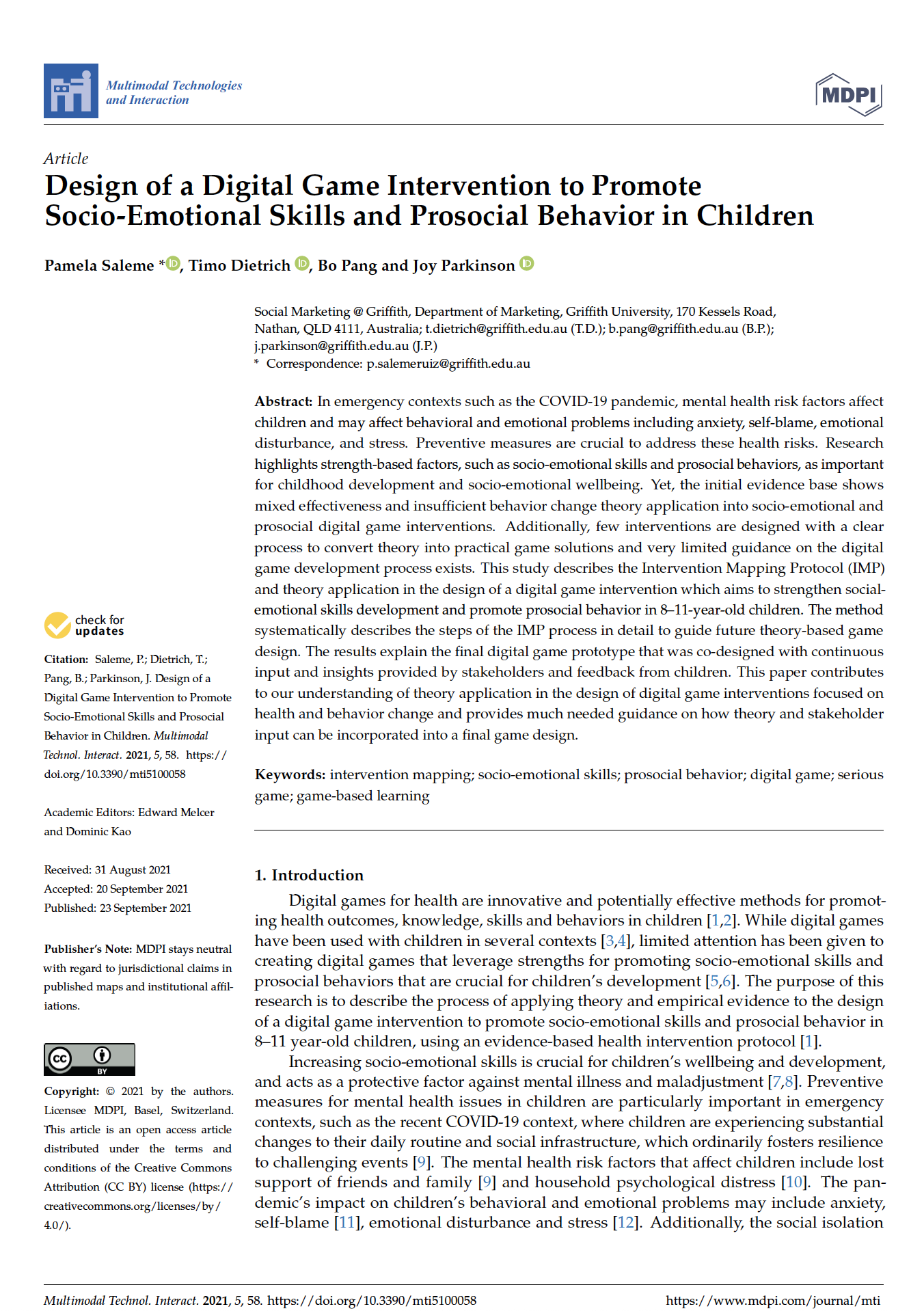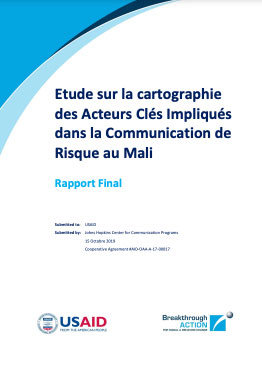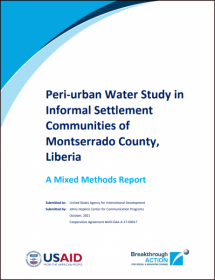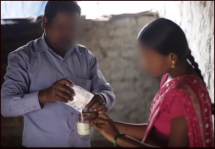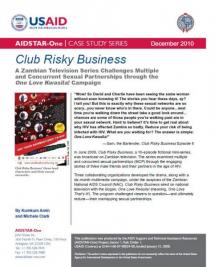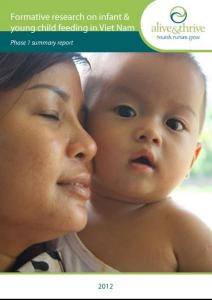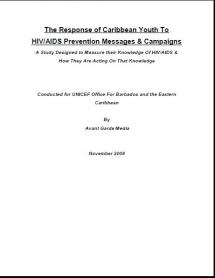There’s Gold in Social and Behavior Change: Human-centered design research around malaria care-seeking behaviors in gold mining communities of Guyana
This resource presents a visual format summarizing Breakthrough ACTION Guyana’s Insights Report. The full report goes into detail on the project’s methodology and using human-centered design to improve malaria outcomes among gold mining communities in Regions 7 and 8.
Source: Johns Hopkins Center for Communication Programs
Date of Publication: September 26, 2022

